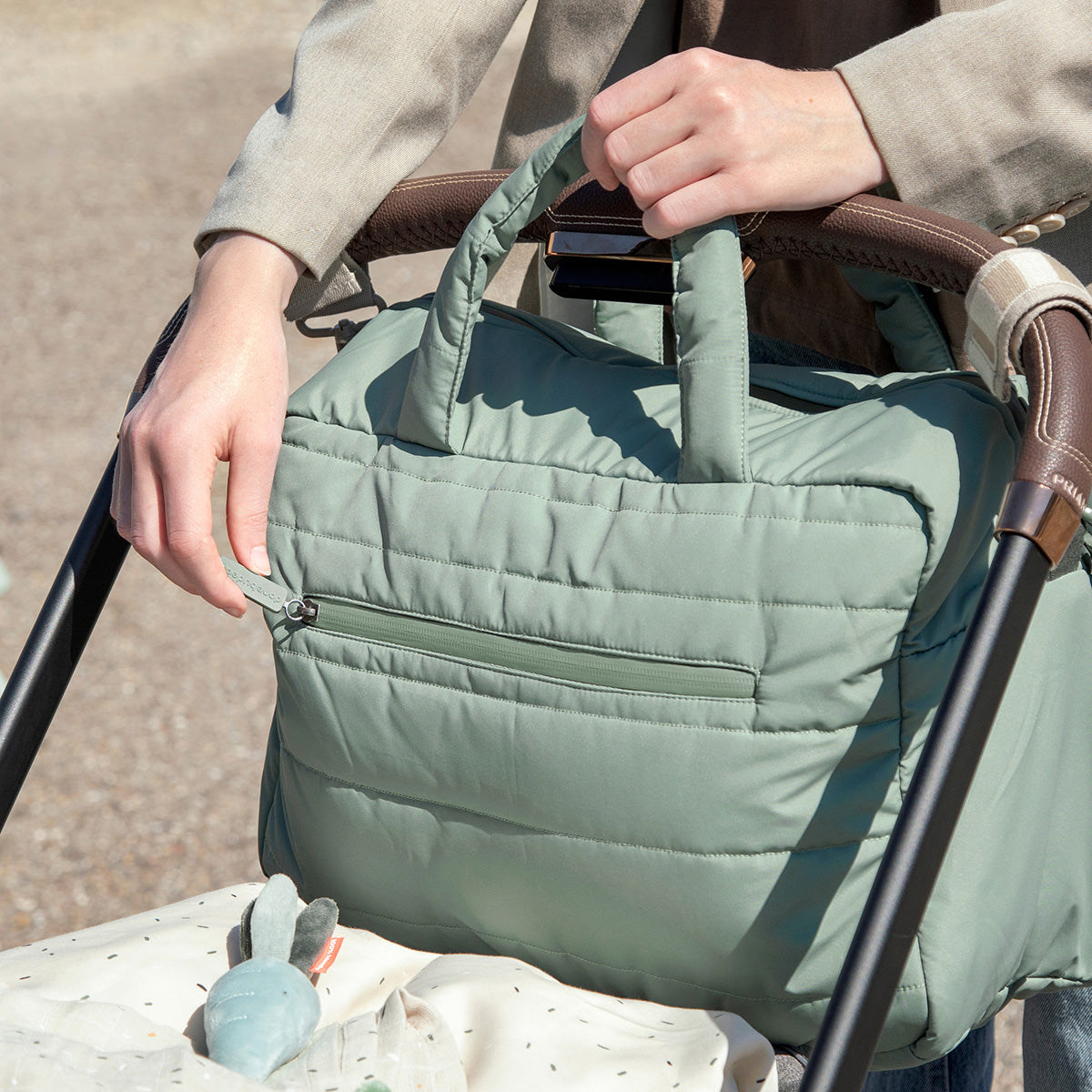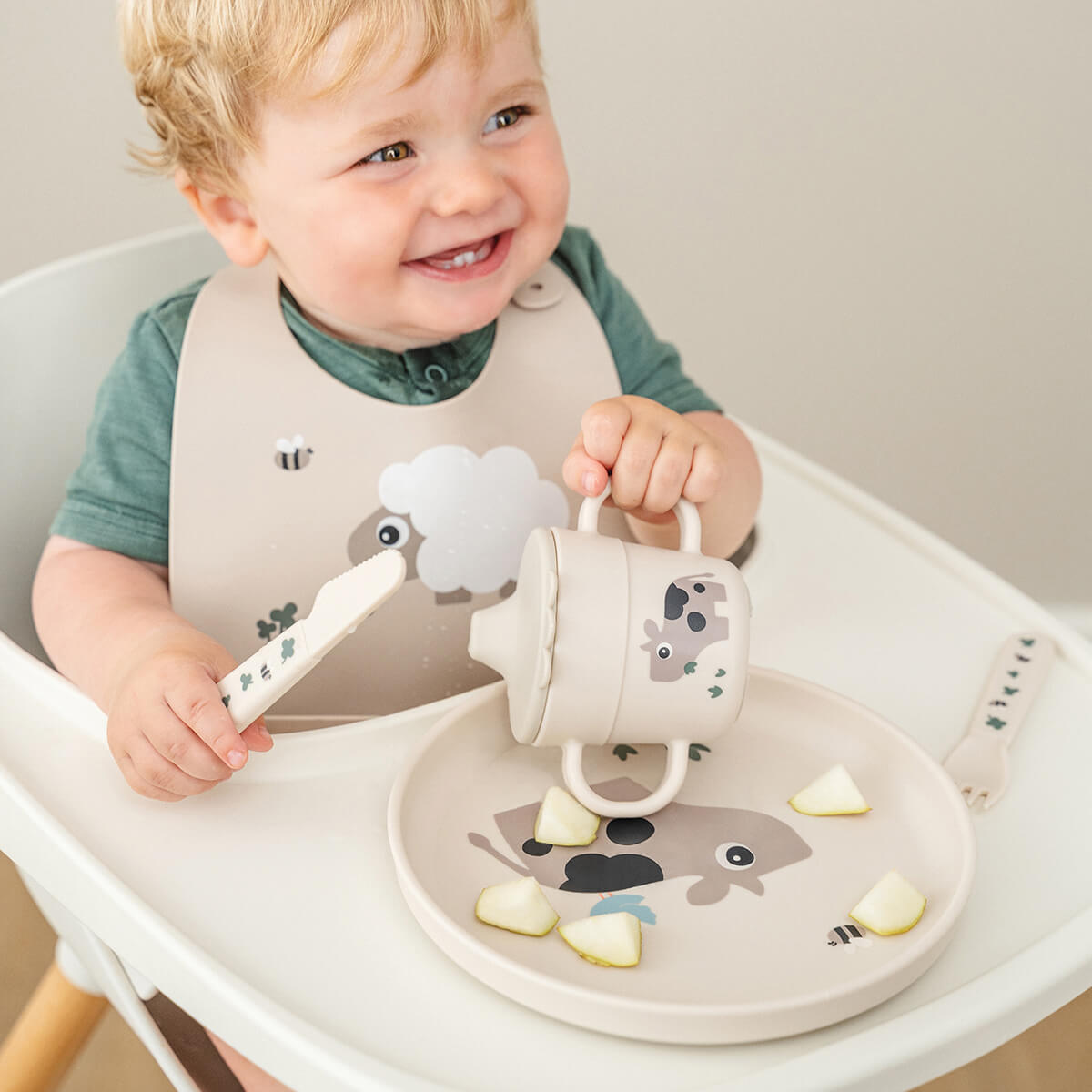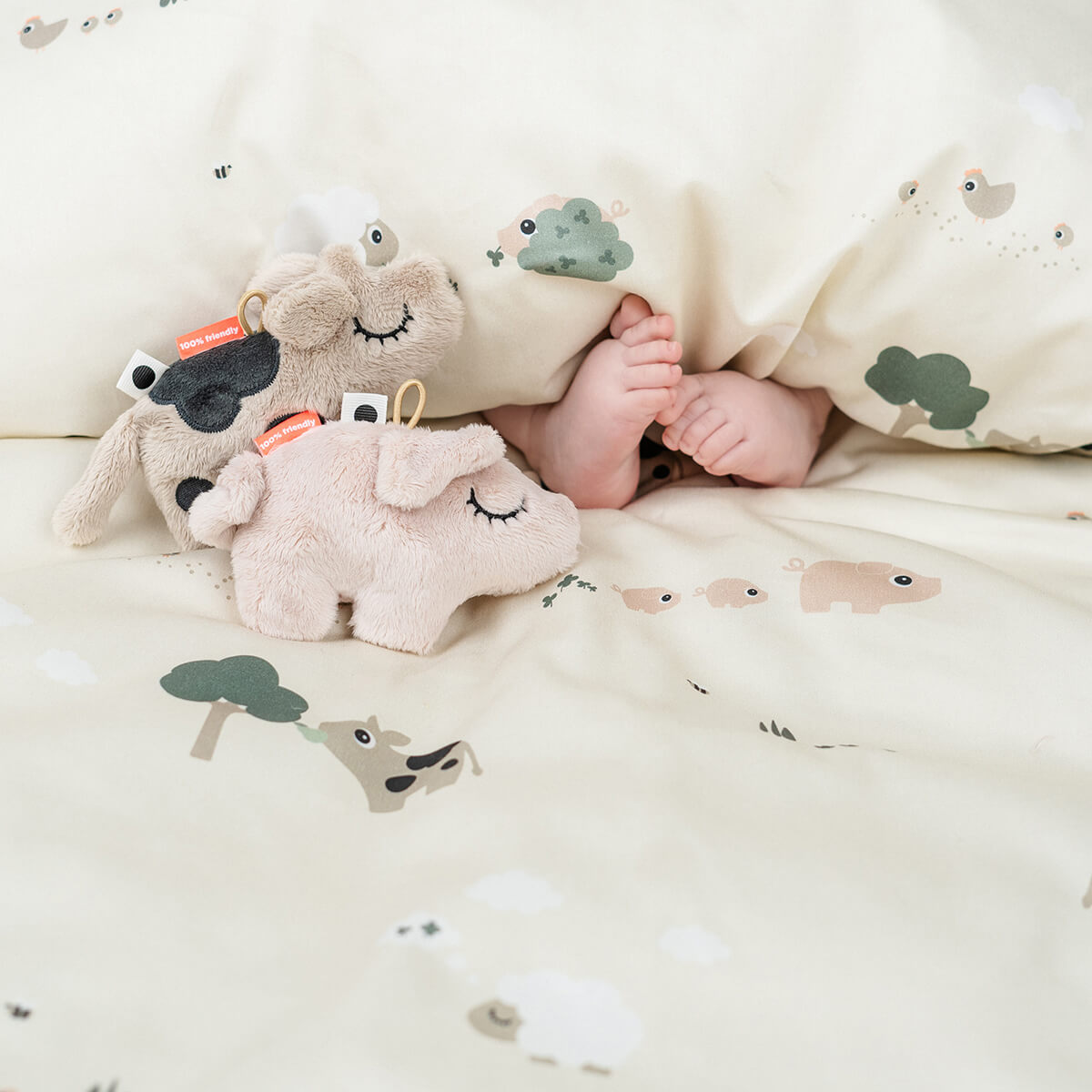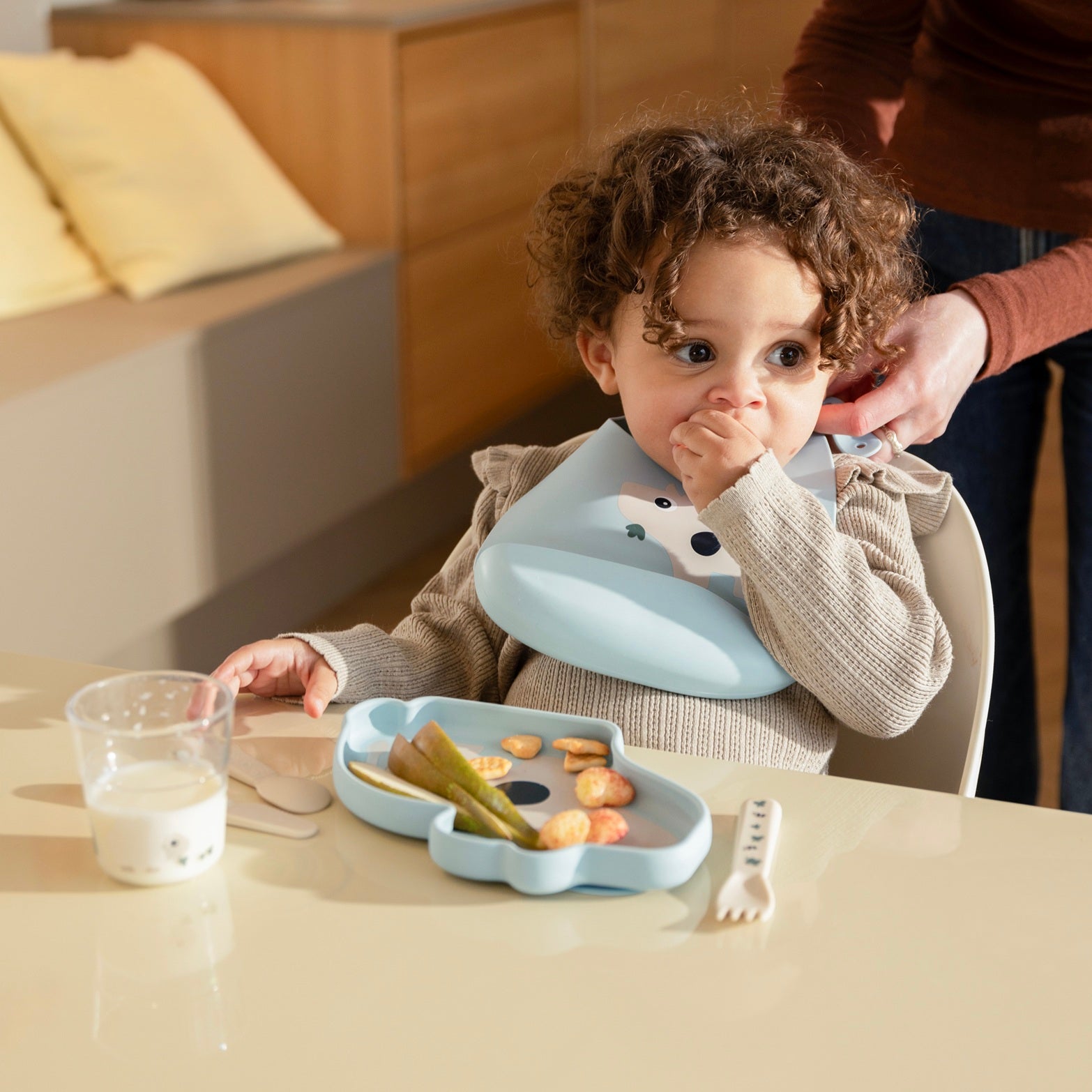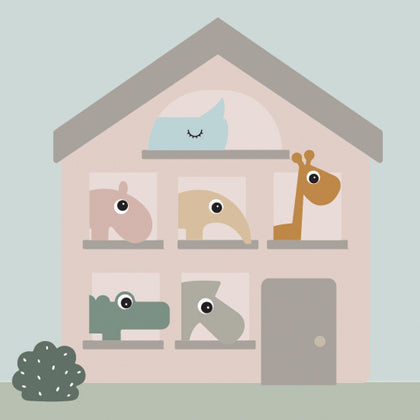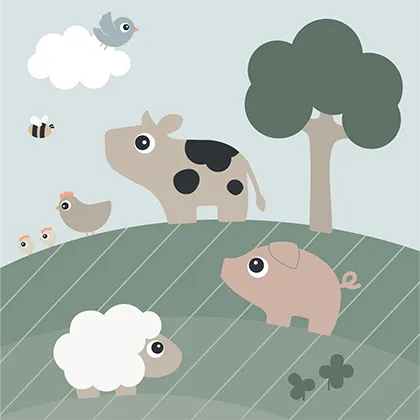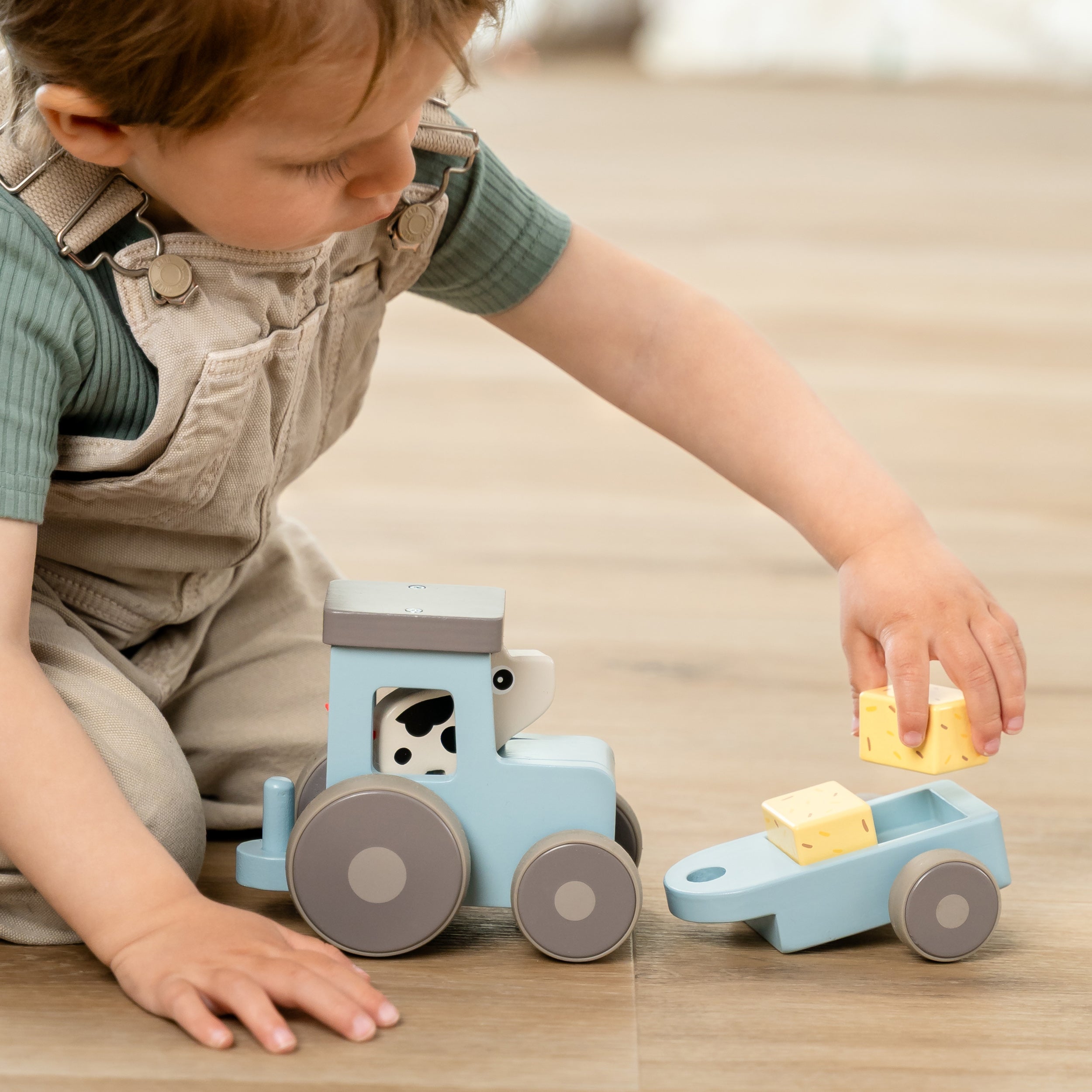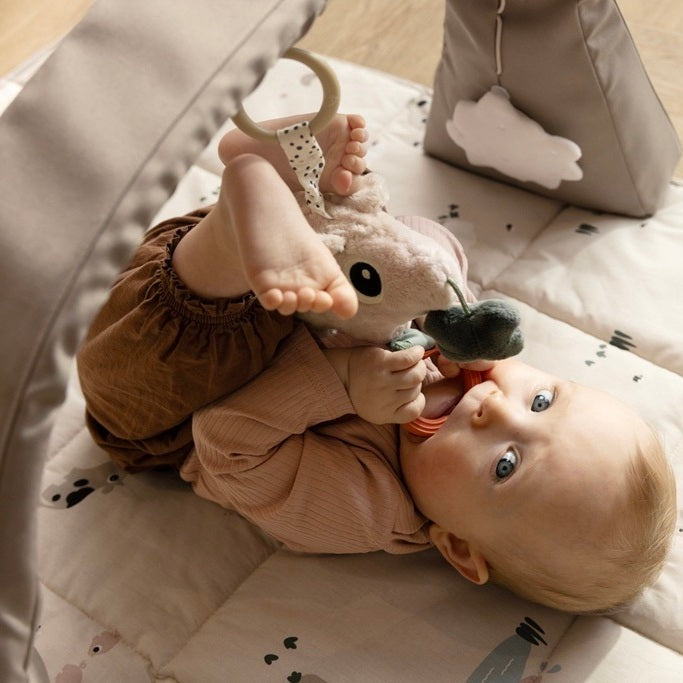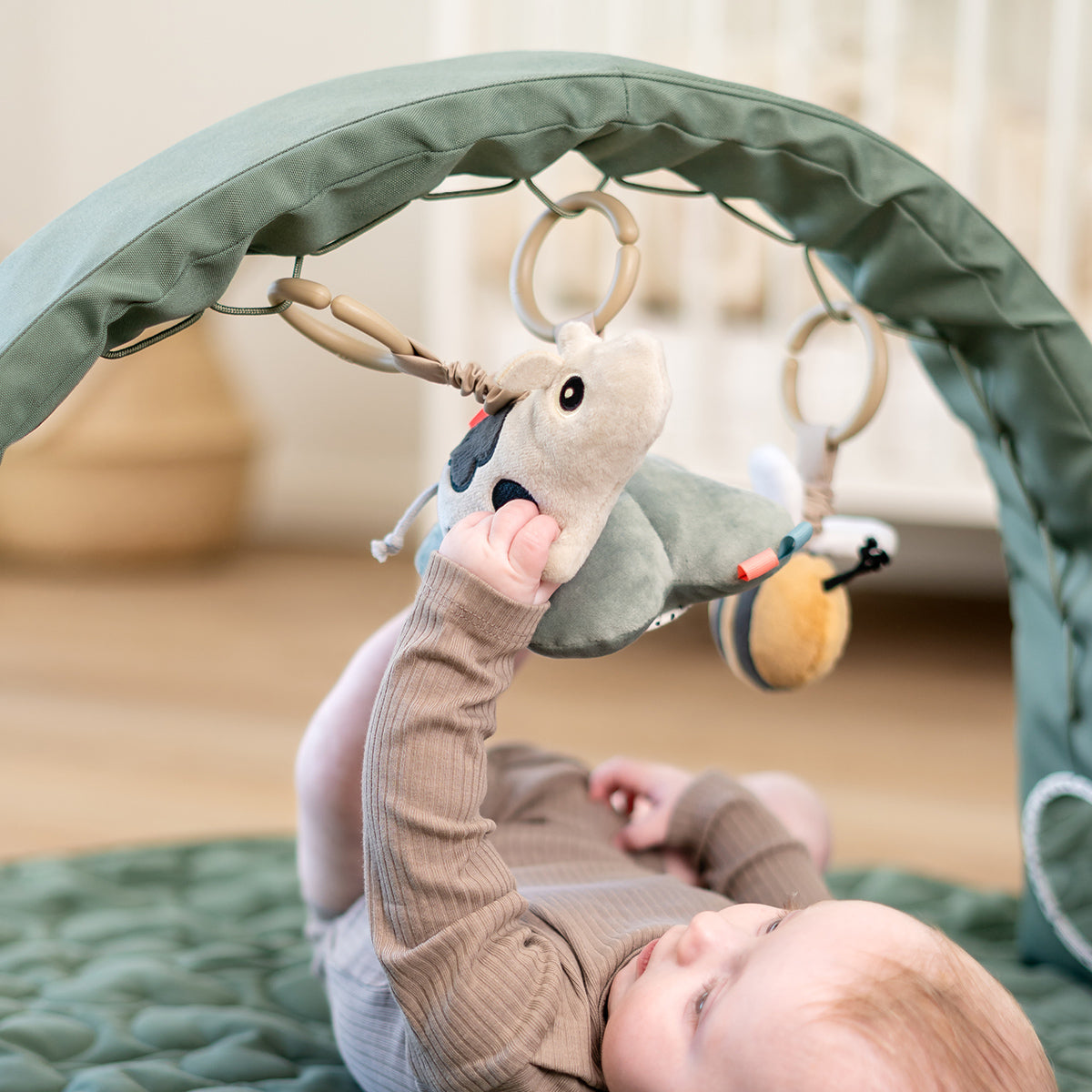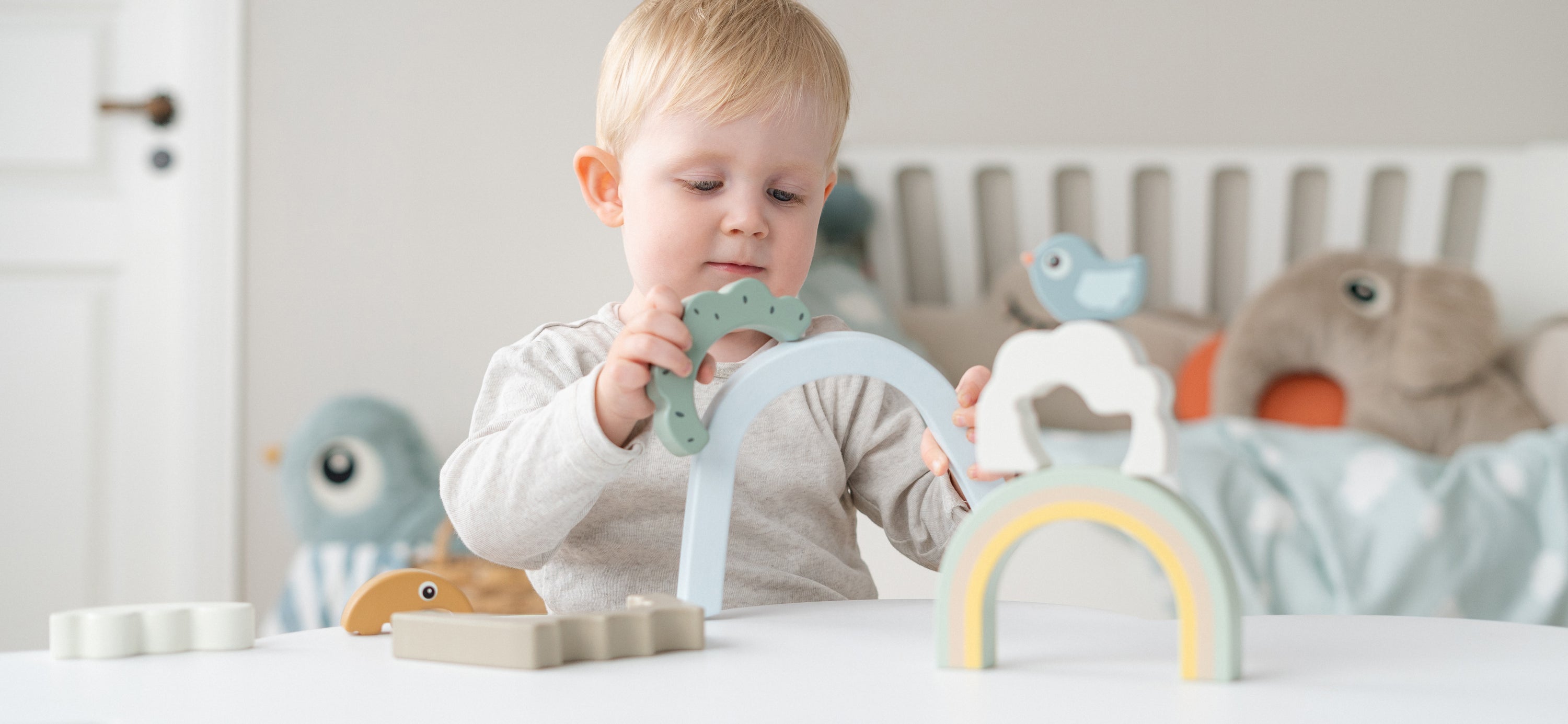Play is a fundamental part of childhood, offering countless opportunities for growth and discovery. It plays a crucial role in developing a child's cognitive, social, emotional, and physical skills.
Each type of play brings unique benefits and experiences, enriching a child’s development in various ways. Understanding the diverse forms of play helps in providing a balanced and engaging playtime that supports overall well-being and growth.
structured play
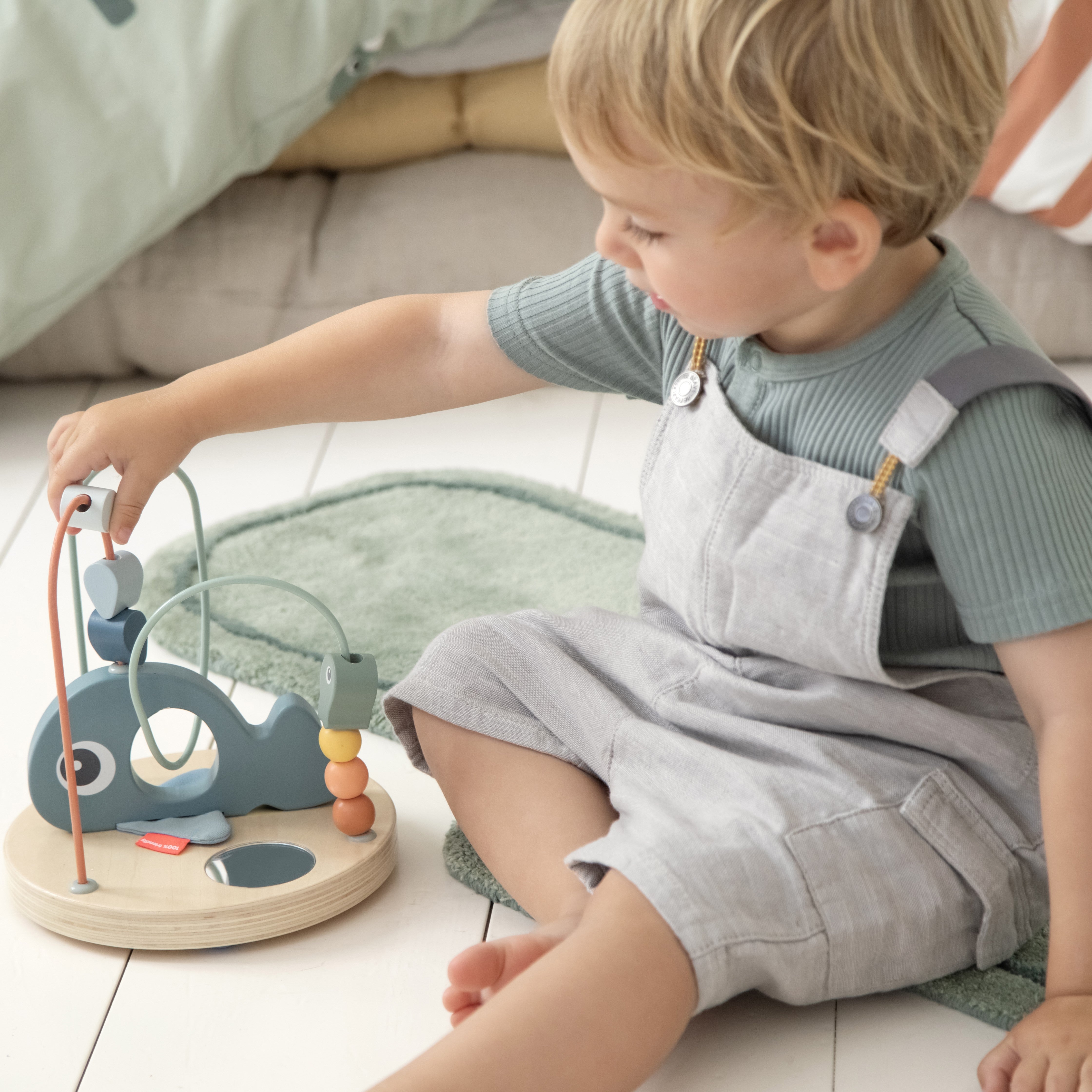
Structured play
- teaches rules and discipline
- develops logic
- promotes social skills
- provides routine and stability
Structured play involves activities with specific rules and goals, such as board games, puzzles, and organised sports. Unlike open-ended play, which allows for free exploration, structured play provides a clear framework and objective.
Engaging in structured play offers several benefits for little ones. It teaches them to follow rules and understand boundaries, fostering discipline and the ability to adhere to guidelines in various situations. Through activities that require critical thinking and planning, your little one develops problem-solving skills.
Additionally, structured play often involves interacting with others, helping your little one to learn important social skills like teamwork, turn-taking, and communication.
These activities also support the development of specific skills, such as fine motor coordination, spatial awareness, and language abilities, in a focused way.
Regular participation in structured play provides a sense of routine and stability, which can be comforting and support emotional well-being.
Overall, structured play helps little ones acquire valuable skills in a purposeful and organised environment, promoting their cognitive, social, and emotional growth.
Learn more about the power of toy rotation here.
open-ended play
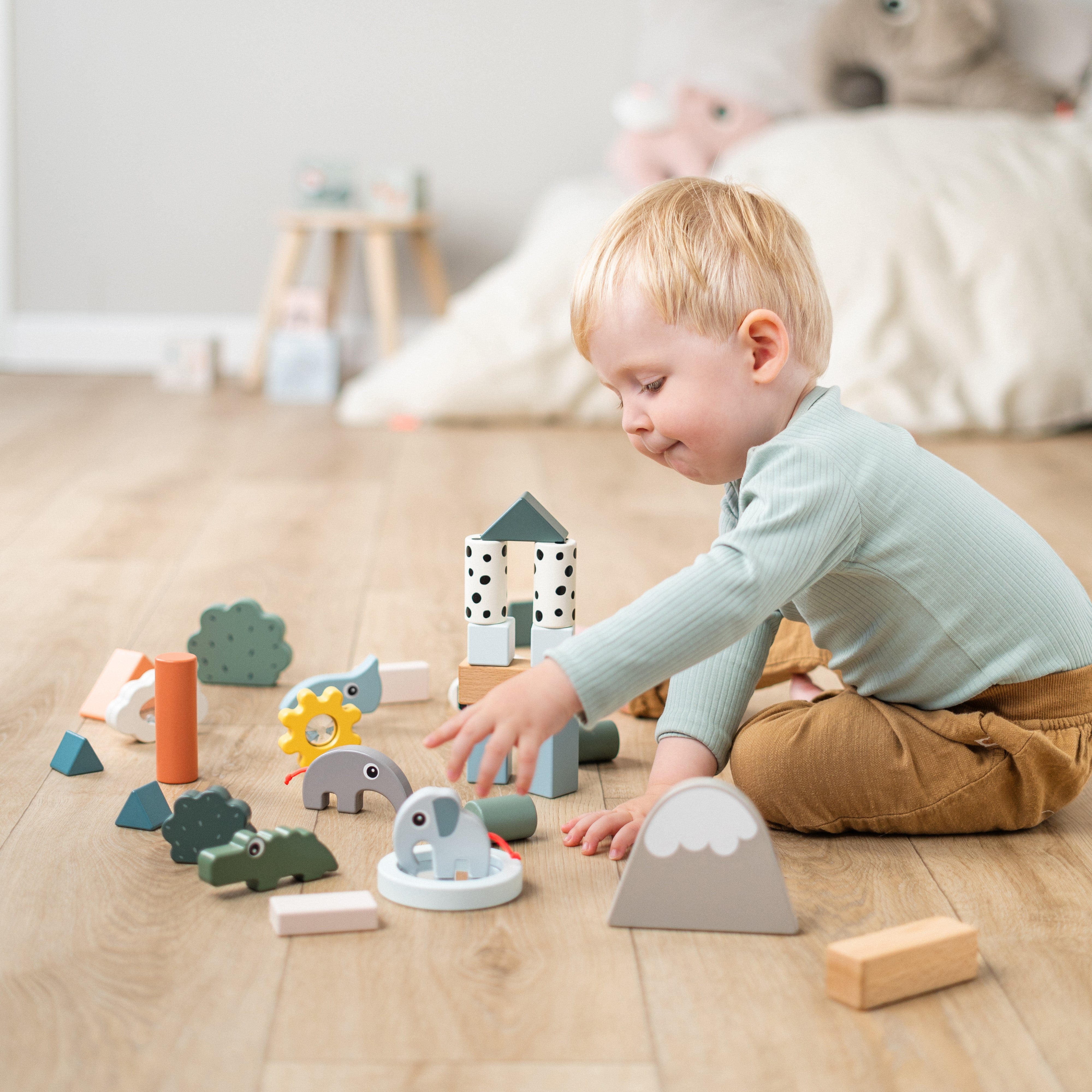
open-ended play
- fosters creativity & imagination
- encourages problem-solving
- promotes independence
- supports cognitive & emotional development
Open-ended play involves activities with no specific rules or goals, allowing your little one to use their imagination and creativity freely.
This type of play includes activities such as building with blocks, drawing, or playing with sand and water.
Engaging in open-ended play offers numerous benefits for little ones. It fosters creativity by allowing them to explore and invent new ways to use materials and create scenarios.
This type of play also promotes problem-solving skills as your little one experiments and figures out how to achieve their own goals.
Social skills are enhanced as children often share ideas and collaborate with others during open-ended play.
Additionally, it supports emotional development by providing a safe space for little ones to express their feelings and explore different roles.
Overall, open-ended play nurtures cognitive, social, and emotional growth by giving your little one the freedom to learn and develop in a flexible, imaginative environment.
Read more about the magic of open-ended play here.
pretend play
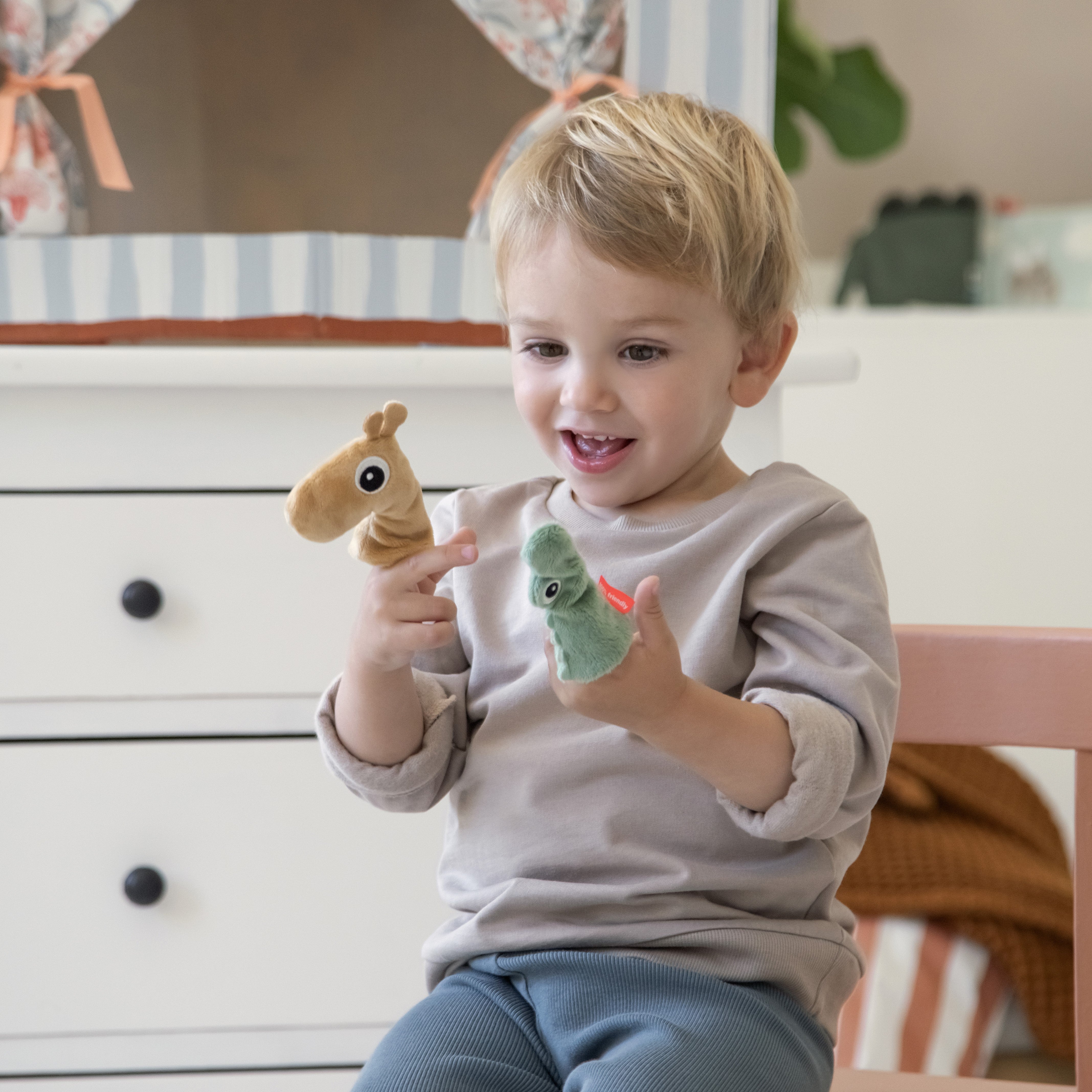
pretend play
- boosts creativity and imagination
- develops social and communication skills
- enhances emotional development
- encourages critical thinking
Pretend play, also known as imaginative or make-believe play, involves little ones creating scenarios where they act out roles or situations, such as pretending to cook, care for a doll, or be a superhero. This type of play allows them to explore the world through imagination.
Pretend play offers many benefits for little ones. It boosts creativity and helps them understand the world by mimicking real-life situations.
Through role-playing, they develop social and communication skills as they interact with others, practice sharing, and express their ideas.
It also enhances emotional development by allowing little ones to explore different feelings and perspectives, fostering empathy.
Additionally, pretend play encourages problem solving and critical thinking, as children navigate their imagined scenarios. Overall, pretend play supports cognitive, social, and emotional development while making learning fun.
sensory play
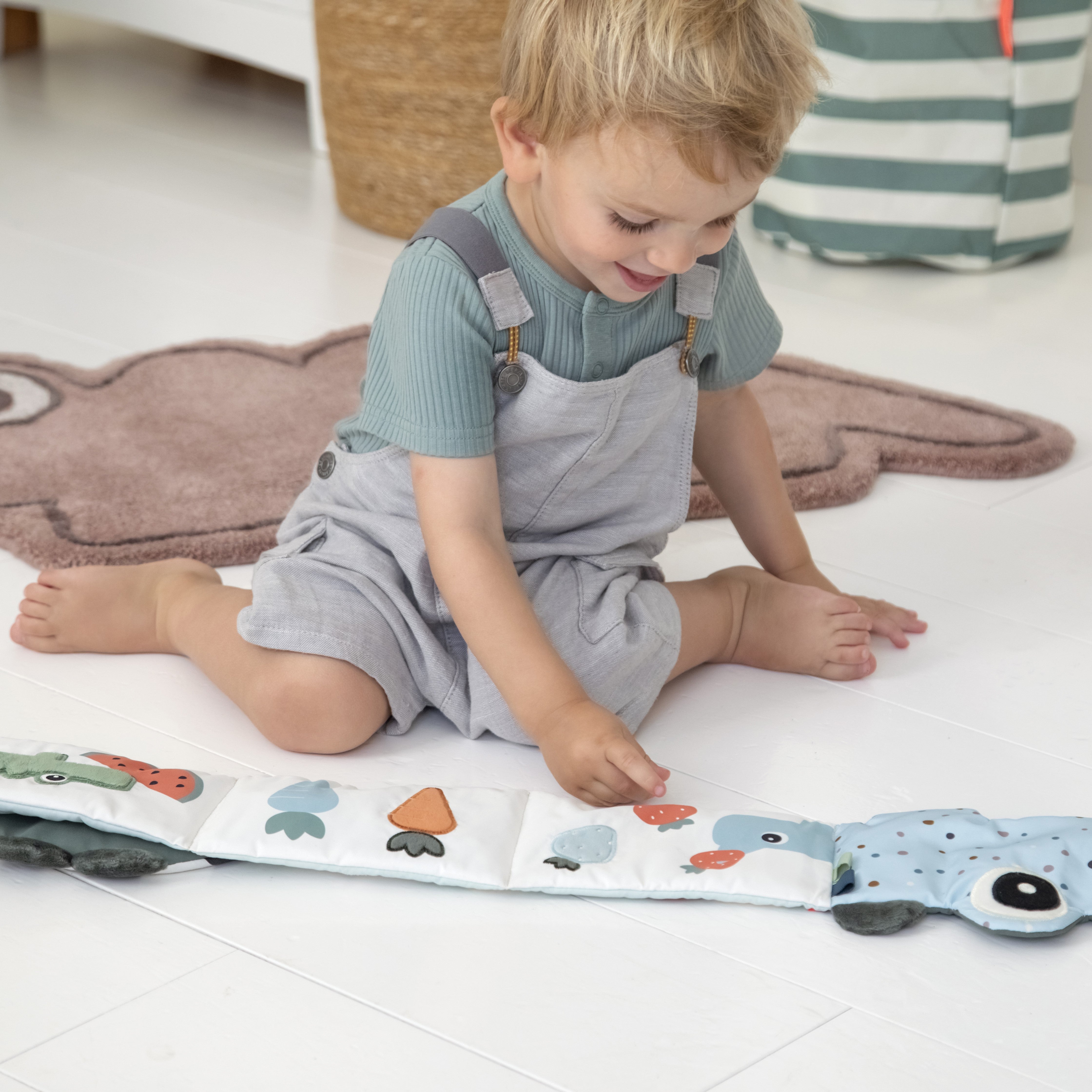
sensory play
- supports cognitive development
- develops motor skills
- enhances emotional regulation
- promotes language development
Sensory play is all about letting little ones explore the world through their senses, whether it's feeling different textures, playing with water, or listening to various sounds.
Activities such as these engage the senses of touch, sight, sound, smell, and sometimes even taste, sparking curiosity and creativity.
For little ones, sensory play offers many benefits. It helps them develop motor skills as they touch, squeeze, and manipulate different materials.
This hands-on exploration also boosts cognitive development by encouraging problem-solving and learning cause and effect.
Sensory play is great for language development too, as kids learn to describe what they’re experiencing.
On top of that, it can have a calming effect, helping little ones manage their emotions. In short, sensory play not only stimulates their senses but also nurtures their physical, cognitive, and emotional growth in a playful, engaging way.
social play
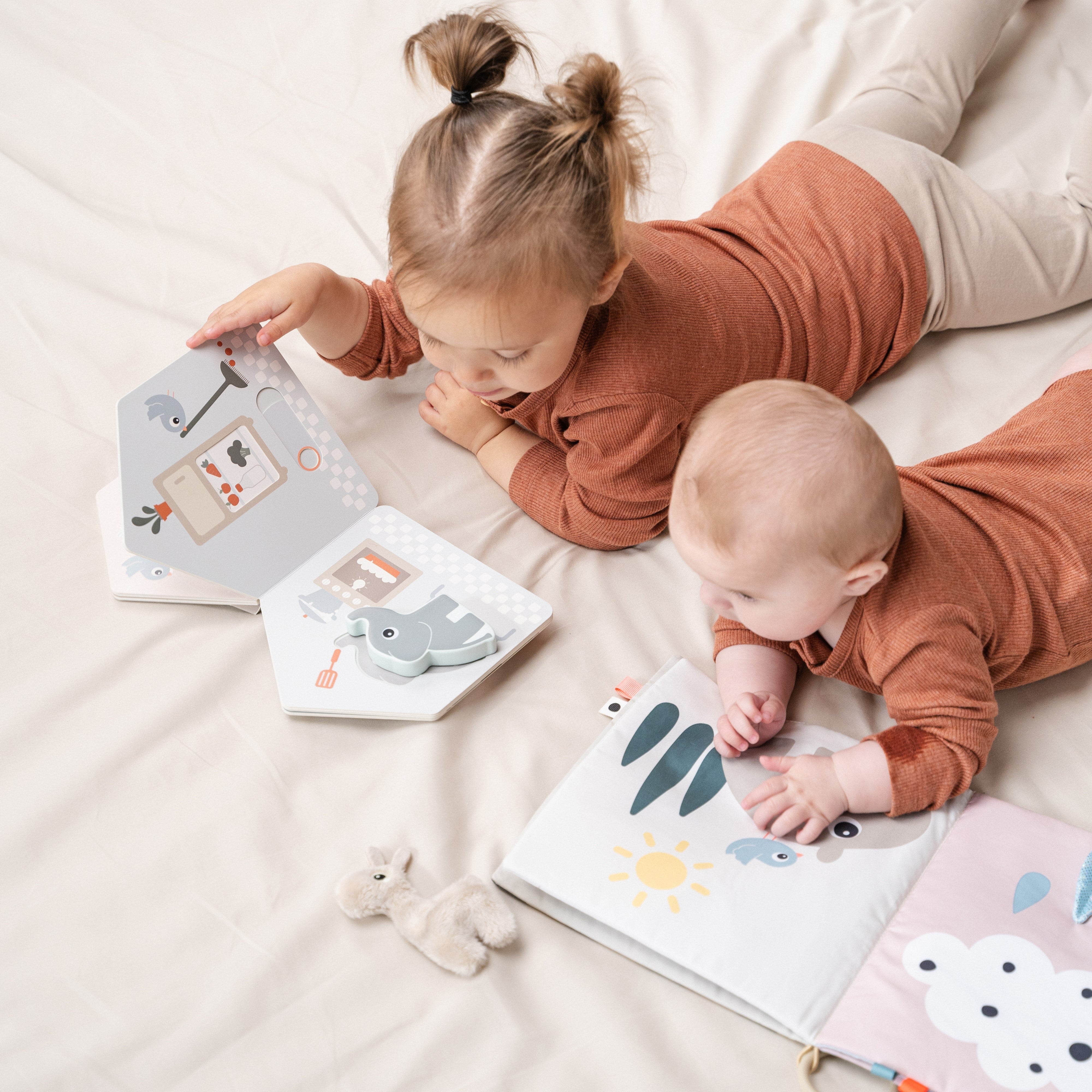
social play
- develops social skills
- enhances communication skills
- promotes empathy and emotional understanding
- encourages problem-solving and conflict resolution
Social play involves little ones interacting with others, whether it's playing together with toys, sharing, or engaging in group activities like simple games. This type of play helps children learn how to communicate, cooperate, and build relationships.
For little ones, social play offers many important benefits. It teaches them how to share, take turns, and understand the feelings of others, fostering empathy and emotional development. Social play also helps with language skills, as children engage in conversations and express their ideas.
By playing with others, little ones build confidence, learn problem-solving skills, and gain a sense of belonging. In short, social play helps little ones develop the social and emotional skills they’ll use throughout life, all while having fun with their peers.
Read more about how parents can engage in play time here.
active play

active play
- promotes physical health
- enhances motor skills development
- supports cognitive development
- boosts emotional and social well-being
Active play involves physical activities like running, jumping, climbing, or even crawling, where little ones get to move their bodies and explore their surroundings. Whether it’s dancing, playing with a ball, or using a ride-on toy, active play helps to keep them physically engaged.
The benefits of active play for little ones are wide-ranging. It promotes the development of gross motor skills, such as balance, coordination, and strength. Active play also helps to burn off energy, leading to better sleep and improved mood.
Additionally, it supports cognitive growth, as movement aids brain development and enhances problem-solving abilities. Emotionally, active play boosts confidence and resilience, as they explore their abilities and push their physical limits. Overall, active play is essential for physical, mental,
and emotional development while keeping little ones happy and engaged.
Learn more about the role of toys in little ones' development here.
Incorporating different types of play into your child’s routine offers valuable benefits for their growth. From structured games and creative open-ended activities to imaginative pretend play, sensory exploration, and active physical play, each type supports various aspects of their development. By embracing this diversity in play, you help create a nurturing environment that fosters joy, learning, and overall well-being. Celebrate and support your child’s playful journey to see them thrive and grow.
